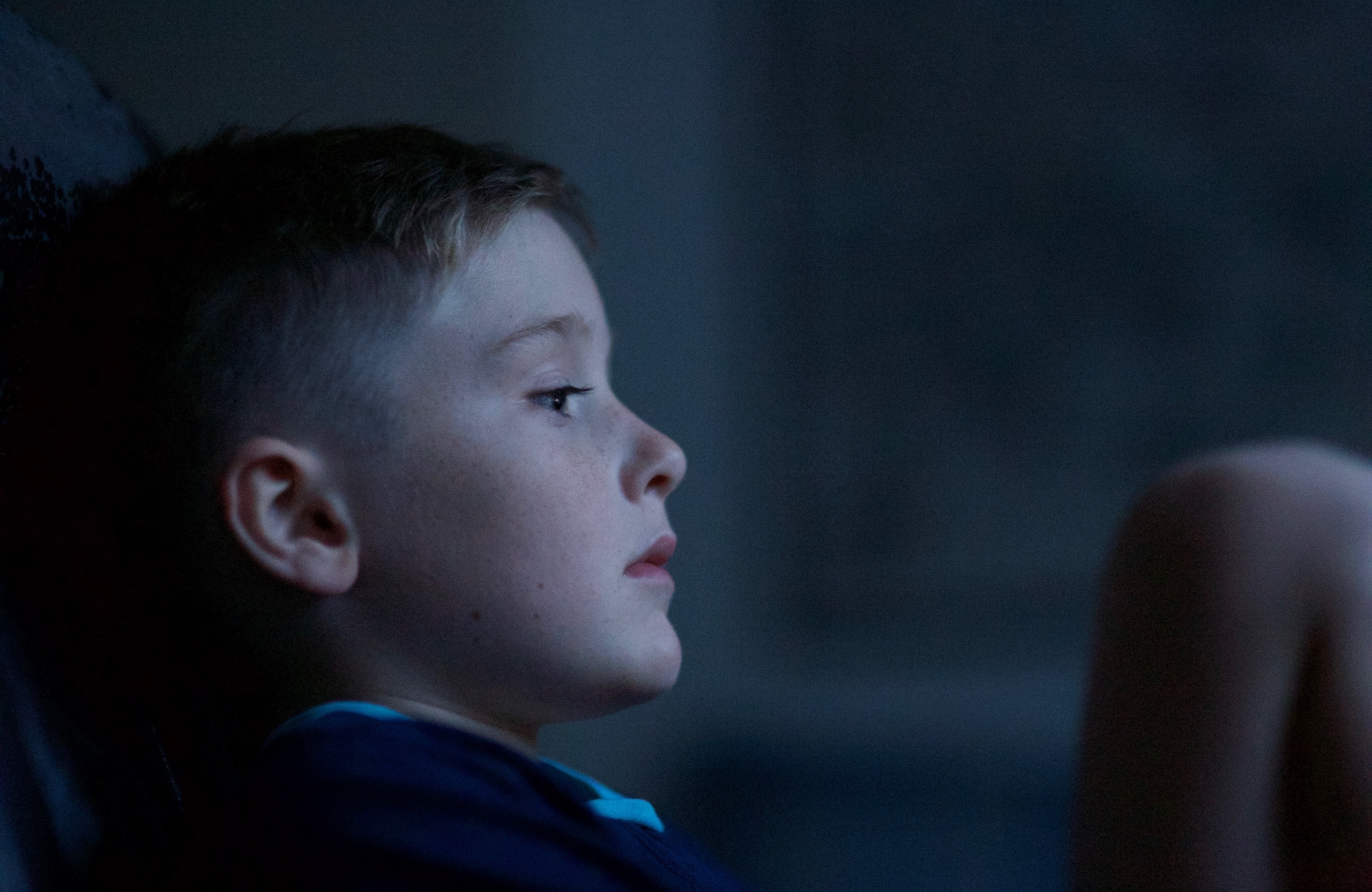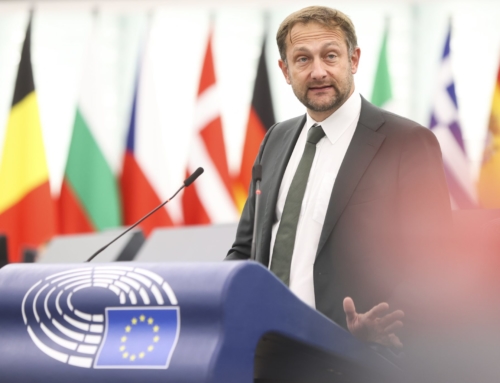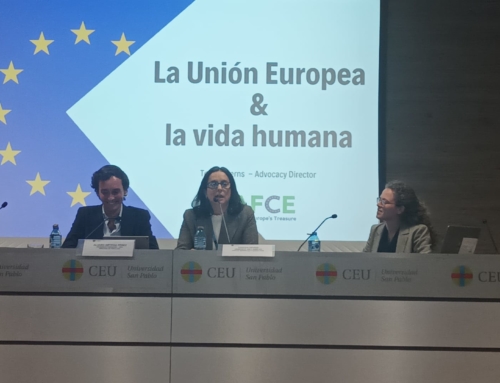European Parliament: new measures against child sexual abuse online adopted by the Civil Liberties Committee. Much still remains to be done, with the support of civil society and families’ organisations.
Brussels, the 14th of November 2023
The Civil Liberties Committee adopted today its position on new measures to protect children online by preventing and stopping child sexual abuse. The draft position of the European Parliament on the Proposal for a Regulation laying down rules to prevent and combat child sexual abuse was adopted by the Committee on Civil Liberties, Justice and Home Affairs (LIBE) with 51 votes in favour, 2 against, and 1 abstention.
The President of FAFCE, Vincenzo Bassi, declares: “The transversality of the political support given to this legislative proposal is a good sign towards all European families, that seriously feel the concrete responsibility of protecting their minors online. This is an urgent matter that cannot be relegated to ideological or instrumental battles: we hope that it will be treated as such by the EU and all Member States”.
In order to better protect minors, MEPs propose that services targeting children should require by default user consent for unsolicited messages, have blocking and muting options, and boost parental controls. They also propose to ensure that po***graphic websites have adequate age verification systems, flagging mechanisms for child sexual abuse material (CSAM) and human content moderation to process these reports. The European Parliament is expected to confirm the green light to enter the inter-institutional negotiations during next week’s plenary session.
Today’s vote followed a press conference outlining risk mitigation measures such as safety by design, parental controls and age verification systems in case of risk of solicitation. MEPs agreed to mitigate systems directly targeting children and interpersonal communications. Only if these are not fulfilled, as a last resort, judicial authorities should be used. They also have reached an agreement to exclude grooming of detection order and text messages from judicial decisions, but a review clause will stay in place.
FAFCE contributed to the public Consultation launched by the European Commission on this file, on 12 September 2022. In this vein, FAFCE welcomes the adopted position, and calls for a swift approval by the Council and implementation of the current proposals, especially concerning the inclusion of safety by design, parental controls and age verification systems. However, FAFCE invites the EU institutions for the following points to be further considered: (i) a EU ban on po***graphy and (ii) the fight against the oversexualisation of children; (iii) further analyze the links between po***graphy consumption and child sexual abuse.
FAFCE reminds that children are exposed to a high risk of child sexual abuse online and considers this regulation as non exhaustive, calling to develop further measures, starting from recognising that children’s exposure to po***graphy is already a form of online sexual abuse that our societies are de facto tolerating: together with Pope Francis, FAFCE recalls that po***graphy represents an issue of public health and that “We would be seriously deluding ourselves were we to think that a society where an abnormal consumption of internet sex is rampant among adults could be capable of effectively protecting minors”.
A report published last year by the Internet Watch Foundation denounces that the 62% of all the CSAM globally is traced to an EU member state. Moreover, the European Centre for Law and Justice (ECLJ) has recently published a new report denouncing that the production and consumption of po***graphy have exploted and that almost a third or all online searches are about po***ography.
Vincenzo Bassi recalls that “parents, family organisations and family networks should be further involved in the decision-making processes at the European, national and local levels, as they can make a decisive contribution in protecting minors and in preventing the consumption of po***graphy”.









